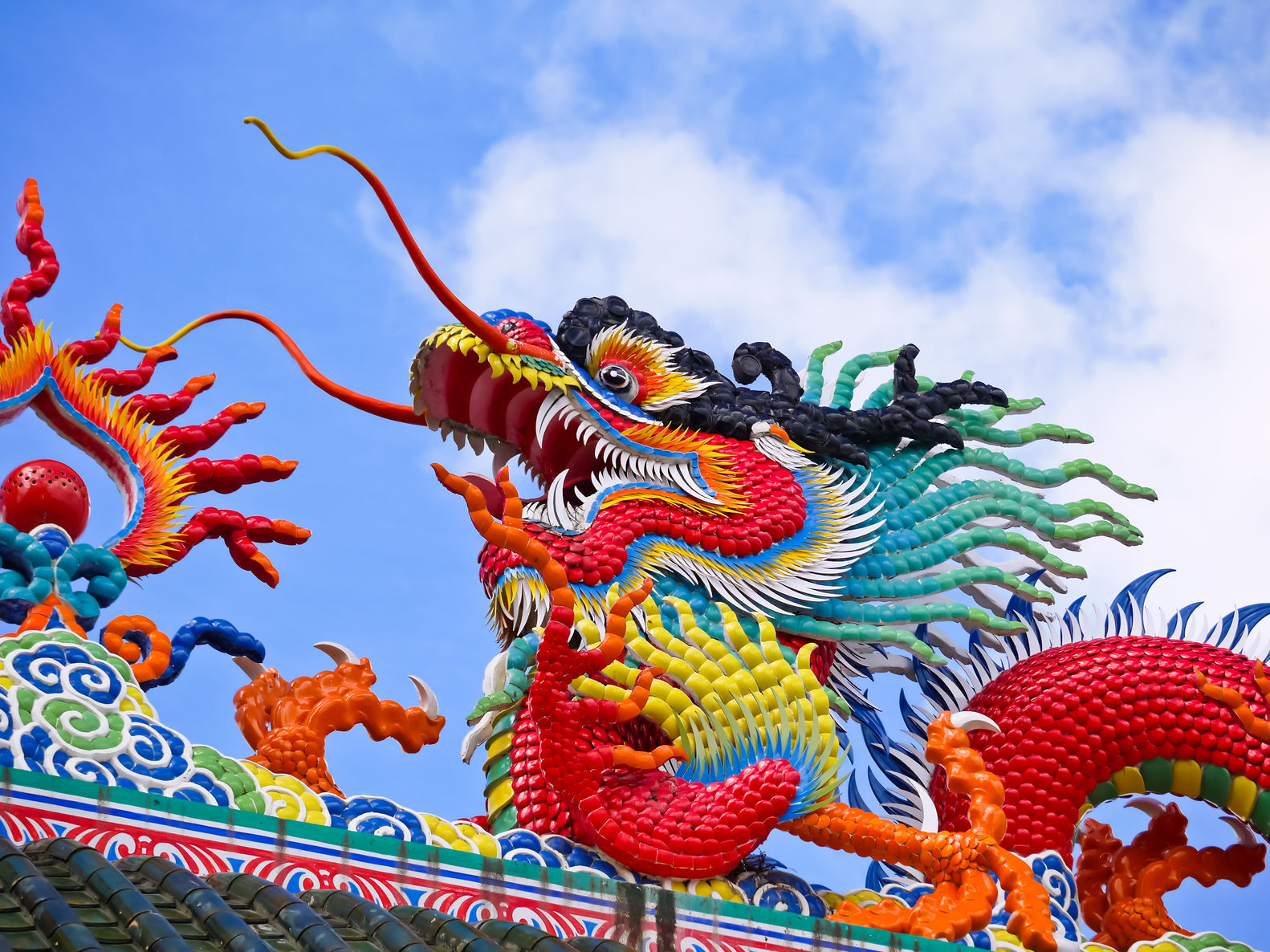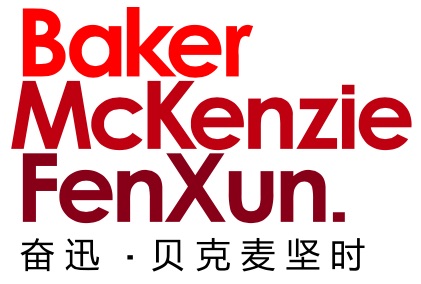26 February, 2019
On 28 November 2019, several Chinese authorities, including the Ministry of Commerce, the National Development and Reform Commission, the Ministry of Finance, the General Administration of Customs (GAC), the State Administration of Taxation and the State Administration for Market Supervision, jointly issued a Circular on Improving Supervision of Crossborder E-Commerce Retail Imports, effective from 1 January 2019. GAC subsequently issued a Circular [2018] No. 194 to implement the aforementioned regulation, also effective from 1 January 2019 (both circulars are collectively referred to as the New CBE Regulations).
The New CBE Regulations reflect the longstanding policy objective of the Chinese government to divert cross-border e-commerce sales from the less regulated, shady channels, such as the commonly-known “Daigou”, to the closely supervised CBE channel. The policy tools for achieving this objective include the increased incentives for the relevant parties to transact through the CBE channel. Meanwhile, to clamp down on the possible abuse of these incentives, the New CBE Regulations show clear commitment to strengthening enforcement against illicit operations, in particular, those aimed at exploiting the tax reduction benefit of the CBE program. In addition, in order to provide greater protection to Chinese consumers in terms of product quality and safety, the New CBE Regulations explicitly hold the overseas sellers and their designated Chinese “responsible parties” jointly and severally liable. Having regard to these changes, all participants in the CBE supply chain, including the overseas sellers, will now need to take prudent and compliant measures, such as due diligence on designated Chinese parties, to avoid being subject to enforcement against illicit business activities and eliminate potential legal liabilities under the New CBE Regulations.
1. More benefits available under the CBE program
The current CBE regime, initially launched in 2014, permits overseas sellers to sell consumer goods directly to Chinese consumers through certain registered e-commerce platforms (e.g., Tmall.hk, JD.com). The qualifying products can be imported into China on an expedited basis at reduced import tax rates, as compared to the goods imported through the ordinary import channel. Aside from the benefits that have already been made available and will continue to apply, the New CBE Regulations create certain new benefits to strengthen the incentives to purchase through the CBE channel. These benefits include:
- Pre-importation registration waiver. The New CBE Regulations indefinitely extend the waiver of the pre-importation registration requirements on specified categories of products (e.g., cosmetics, infant milk formula, health food, medical device, etc.) which was originally set to expire on 31 December 2018. As pre-importation registration is an important part of the current regime to impose Chinese national standards on certain “sensitive” foreign products, this waiver continues to allow products, which may not be available in the ordinary commercial channels due to market entry barriers, to be imported through the CBE channel.
- Value limit relaxation. The value limit for each shipment of goods under the CBE program is now increased from CNY 2,000 to CNY 5,000, and the annual quota is also increased from CNY 20,000 to CNY 26,000. Moreover, where the value of a product exceeds the per-shipment limit but still falls within the purchaser’s annual quota limit, the product can still be imported under the CBE program and entitled to the registration waiver as discussed above, provided that it is an inseparable piece of product. Nevertheless, the Chinese purchaser is not entitled to the tariff exemption or import tax reduction for this particular shipment. This relaxation permits high-value products to be imported through the CBE channel.
- Tariff exemption and tax reduction. The current tax policy under which customs duties are exempted and import VAT and consumption taxes are collected at a 30% discount for the products imported through the CBE channel continues to be implemented.
- Expanded “positive lists”. The scope of the "positive lists", which contains the tariff categories for the products permitted to be sold under CBE, is expanded to include 63 new tariff categories.
- FTZ distribution centre. The New CBE Regulations continue to allow a foreign seller to stockpile its products in one of the designated free trade zones (FTZ) in China, from which it can fulfil its customer orders and deliver the products directly to the end consumers. This gives overseas sellers a more efficient delivery option, compared to the alternative option of international parcel delivery. In contrast, sellers not enrolled in the CBE program are not permitted to sell their products directly from an FTZ to Chinese consumers.
- “Safe harbour” against retaliatory tariffs. More importantly, in the current climate of trade tension between China and the United States, the CBE program has thus far provided and could continue to be a “safe harbour”, as imports through the CBE channel are not subject to the retaliatory tariffs imposed by Chinese government on the U.S. origin products.
2. New compliance challenges and responsibilities faced by the overseas sellers
The new compliance responsibilities imposed by the New CBE Regulations include the following:
- After-sales services and consumer protection responsibility. The New CBE Regulations formalize the requirement, which has been consistently adopted at the local port level during the past three years, that an overseas seller under the CBE program must designate a Chinese “responsible party”, which will be held directly accountable by the Chinese authorities for consumer complaints, product recall and other product quality or safety obligations. Under the New CBE Regulations, the overseas seller and its Chinese “responsible party” will also be held severally and jointly responsible where a civil action lawsuit is filed against either of them. They are also required to have in place a product information traceability system, which can, at the minimum, trace each product back to its foreign port of departure, or to the extent possible, the foreign consignor and manufacture
- Customs compliance. With respect to customs compliance, the New CBE Regulations stress the prohibition against redistribution of the products imported through the CBE channel. It has been the Chinese authorities’ main concern over redistribution that the local distributors (such as e-commerce entrepreneurs known as “Daigou” traders) may take advantage of the tariff exemption and import tax reduction benefits of the CBE program to evade the tariffs and import taxes they should otherwise pay if the products are imported through the ordinary commercial channel. To tackle this issue, the New CBE Regulations place responsibilities on all the participants in the CBE supply chain, including the foreign seller, as well as the platform operator and the logistics service providers. For example:
- The overseas seller and its designated Chinese “responsible party” are responsible for posting a warning on its store website, highlighting this prohibition to the potential buyers.
- The platform operators (e.g., Tmall, JD) are required to conduct due diligence in verifying the identity information of each individual buyer, and put in place a control system to detect and deter dubious purchase activities. The “dubious activities”, as enumerated by the regulations, include:
- large volumes of purchases ordered by a same individual, delivered to a same address, using a same mobile phone number as the buyer’s contact information, or with payments remitted from a same bank account; and
- purchases using someone else’s identity information.
- Postal and courier service providers are required to promptly identify delivery orders where the recipient’s address is different from the address declared on the customs clearance documents, and take immediate actions to suspend the delivery and report the incident to customs.
- On top of the above requirements, all the companies involved in the CBE operations (including the foreign sellers) have a general obligation to report violations to customs and cooperate with customs in investigating violations involving redistribution. Customs is authorized to conduct audits against any of these companies.
- Customs has also put in place IT infrastructures to ensure that the buyer’s information on the import declaration documents is reconciled with the payment information processed by the payment service providers.
- Customs should be given access to the transaction data maintained by overseas sellers or their Chinese “responsible parties”, platforms or other service providers involved in the CBE supply chain, in order to investigate any violations, including redistribution.
- General product safety and quality requirements. Notwithstanding the waiver of the pre-importation registration requirements as discussed above, based upon our observation, China customs and the domestic market regulators are still actively conducting discretionary inspection and testing of the CBE products (on a selective basis) in terms of their compliance with the Chinese national standards. However, such selective enforcements typically only measure products against the mandatory Chinese standards that have significant human safety or health implications (e.g., the bacteria count exceeds the limit under mandatory Chinese rules).
3. Implications for overseas sellers
Against the backdrop of the current trade climate, the CBE program provides a unique opportunity for multinational corporations to avoid the retaliatory tariffs and some technical barriers to trade (TBT) in selling their products to Chinese consumers. For businesses not facing such tariff or non-tariff barriers, the tariff exemption and tax reduction benefits, as well as the promised expedited import clearance processes, also provide considerable incentives.
On the other hand, compared to the regulations put in place before January 2019, the New CBE Regulations impose higher compliance burdens on all the participants of the CBE program, including the overseas sellers.
While it remains difficult under existing law for a Chinese regulator to directly investigate or penalize an overseas seller, the overseas seller’s designated Chinese “responsible party” is definitely on the radar screen of the Chinese regulators. Moreover, the principal-agent relationship between the overseas seller and its Chinese “responsible party” may also potentially hold the overseas seller vicariously liable for the damages caused by its Chinese “responsible party” in a civil lawsuit in China. Most importantly, any investigations or penalty actions against the “responsible party” or other service providers may conceivably cause disruptive impact on the CBE supply chain of the overseas seller.
All the above underscore the importance of careful planning of the CBE supply chain in order for an overseas seller to mitigate its compliance and commercial risks. This further entails:
- Careful design of the supply chain structure and the related operating model to ensure compliance as well as tax efficiency, if possible,
- Due diligence in selecting its Chinese business partners, including the designated “responsible party” and other service providers, especially if the overseas seller intends to rely on the existing infrastructures offered by the third parties to sell its products in China,
- Having in place contract terms to allocate the supply chain management responsibilities and risks, and inclusion of appropriate indemnities, with a view toward protecting the overseas seller’s interest, in particular where the contracts are forms provided by dominant platform operators, and
- An internal compliance program to closely monitor and control the compliance risks with respect to the Chinese “responsible party” and other service providers.
For further information, please contact:

.jpg)





